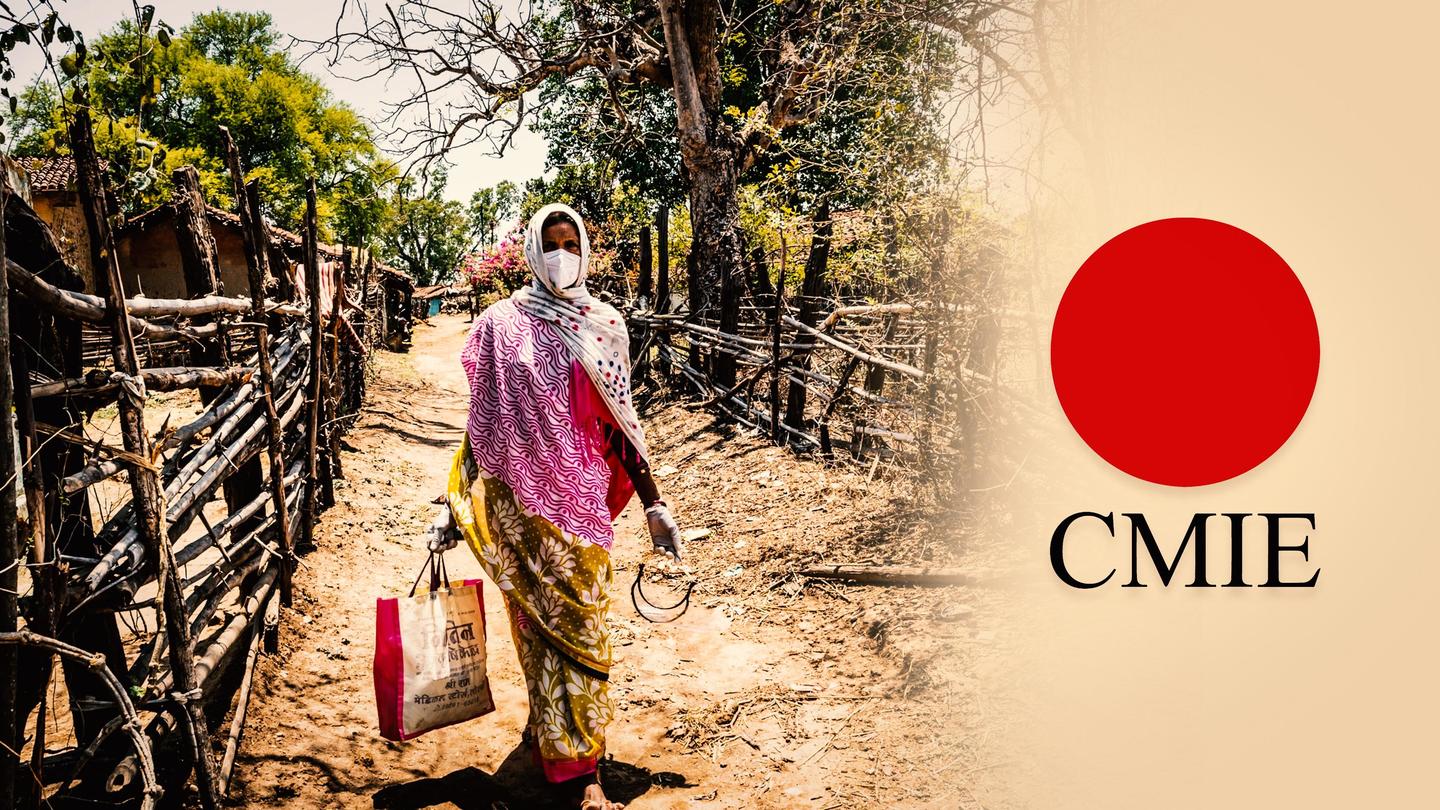
Spike in rural unemployment; urban unemployment rises marginally: CMIE
What's the story
Rural India is witnessing a spike in the weekly unemployment rate, according to data from the Centre for Monitoring Indian Economy (CMIE).
While there has been an increase in both urban and rural weekly unemployment rates, the rural unemployment rate witnessed a sharp rise to 6.75% in the week ended July 25 from 5.1% a week ago.
Here are more details.
Urban
National unemployment rose 1.16% in a week : CMIE
The CMIE data shows the rise in urban unemployment is marginal in comparison to rural unemployment.
The urban employment rate rose to 8.01% in the week ended July 25, from 7.94% a week ago.
However, it is still higher than the national average, which stands at 7.14% for the same period. This is a weekly increase of 1.16% from 5.98% a week ago.
Monthly
Monthly unemployment rate better in July
However, the unemployment rate has shown improvement this month compared to the previous months.
While the monthly national unemployment rate in June was at 9.17%, it has remained under 8% this month.
Similarly, the urban unemployment rate has stayed below 9% so far this month against 10.07% in June.
This is due to rising economic activity and the ease of COVID-19 restrictions across India.
Job loss
Over 10 million people lost jobs during second wave: CMIE
The CMIE had in June claimed that over 10 million people lost their jobs during the second wave of COVID-19 and around 97% of households have faced income loss since the pandemic began.
However, the CMIE maintained that the employment rate is witnessing a recovery since June and continuing in July.
The CMIE said the employment rate till July 25 stands at 38.2%.
Experts
Economic recovery relies on vaccinations: Expert
After the data was released Monday, economist Gautam Shahi said that it indicated the impact of the second wave in rural areas.
Experts also believe that improvement in employment and economy will depend on vaccinations.
"We currently forecast a faster pace of vaccination starting in August, but the recent pace suggests risks are skewed towards a delay," another economist, Sonal Varma, said.